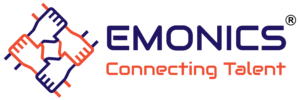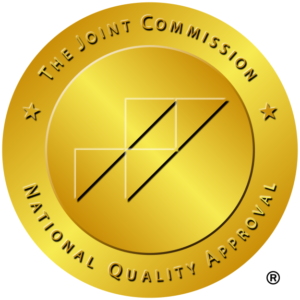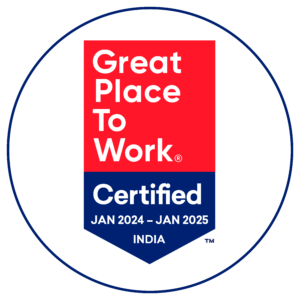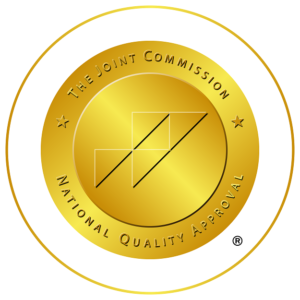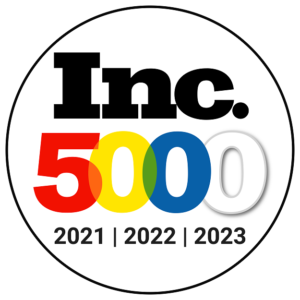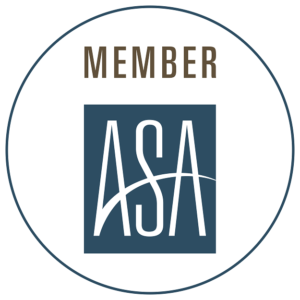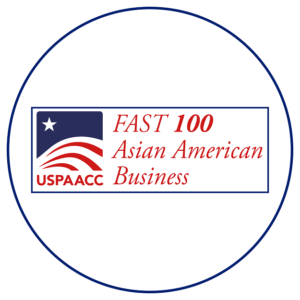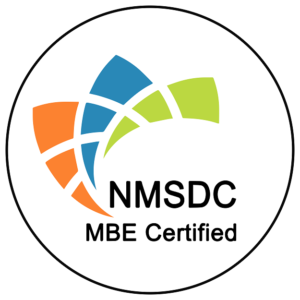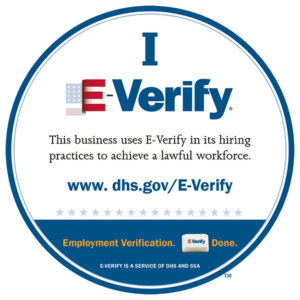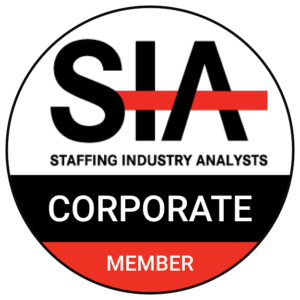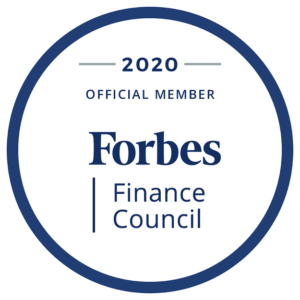How to Prepare for an In-Person Interview
When you’re looking for a new job, getting a response from a company that wants to interview you can give you a boost of confidence. Having clearly nailed your résumé and cover letter, the next stage is to make the best possible impression on the hiring manager in order to demonstrate that you are the best candidate for the job. This can be daunting because you are under a lot of pressure to perform well. Fortunately, there are tactics you may employ to ensure that your interview goes as well as possible.
Dress for the environment
When it comes to an interview, you’ve probably heard the phrase “dress to impress.” While that premise still holds true, it no longer has the same significance. Nearly every company had a professional dress code a few decades ago because they wanted to be perceived as polished and prestigious. In today’s society, many businesses take pride in their more relaxed work environment. When you go to an interview, it’s critical to show that you understand their culture by dressing in a way that reflects their corporate values. The days of wearing a business suit to every interview are long gone. Keep the style of their brand in mind while you dress to impress. If you’re unsure about what to wear, business casual is always a good choice.
Be on time
The secret to not being late is to be early. Never forget that. When leaving for an interview, it’s best to leave around 20 minutes earlier than you need to. This way, in the case you get stuck behind in an accident, caught in unexpected traffic, or accidentally make a wrong turn, you will be able to make up for the lost time without becoming stressed out. The stress of possibly not being on time will only put you in a negative headspace which could affect your performance during the interview.
Being early also makes you look together and well-prepared. If you arrive early, you will be able to observe the office/site a bit and gauge the dynamic among future colleagues. You will also likely get to meet more people and will have the time to fill out paperwork if need be, without cutting into actual interview time.
Always be friendly
This starts even before you go into the office. Make sure you greet everyone, including the person who greets you at the door, those in the elevator, and those you pass on your way to the interview room. You never know who you’ll run into or what relationship the folks you meet have with the person conducting the interview. Prior to the interview, the interactions you have can make or break the entire process. Remember that the interview begins even before you say anything.
Keep a close eye on your body language
Communication entails more than just what you say. Your posture, eye contact, and movements will all make you appear confident and polished. The interviewer is looking for someone who is self-assured and enthusiastic about the job. As a result, it’s critical that you show yourself as trustworthy without coming across as arrogant. When you’re in the interview, make sure you’re facing the person you’re talking to, that you’re sitting tall, and that your facial expressions reflect someone who’s paying attention. Also, don’t forget to shake hands firmly.
Be prepared
This has a lot of various parts to it. Even if you know they already have your résumé, bring at least two extra copies in case they want to go over it again during the interview. Bring your portfolio of previous work as well as a notebook to jot down important details that they may reveal throughout the interview. This will set you apart from the crowd, as few interviewees do so. Additionally, prior to the interview, conduct some research on the company. Understand who the company’s executives are and what they do outside of (what would be) your department. It’s important to remember that there’s no such thing as being over-prepared, especially for a position you really want.
Ask Questions
If the individual conducting the interview says something you don’t understand, don’t be hesitant to ask for clarification or further information. This demonstrates your curiosity and turns the conversation into a discourse. When they ask if you have any questions at the end of the interview, have at least a few questions ready to ask them. These should ideally be queries unrelated to your start date or when you can expect to hear back from them. Ask a question about the company that isn’t answered on the website, or inquire about the culture of the company. The company is looking for someone who will care about them and their mission. At the conclusion of the day, you could have some queries.
